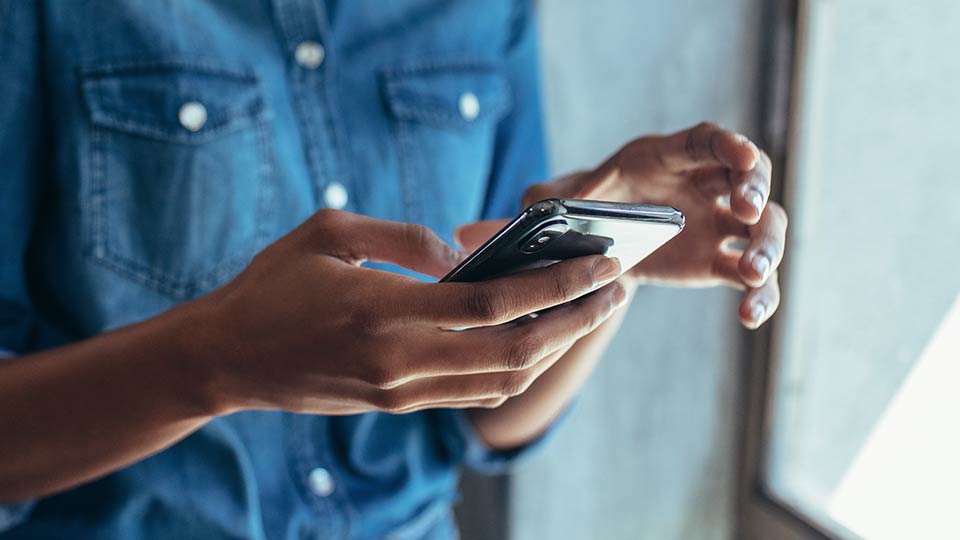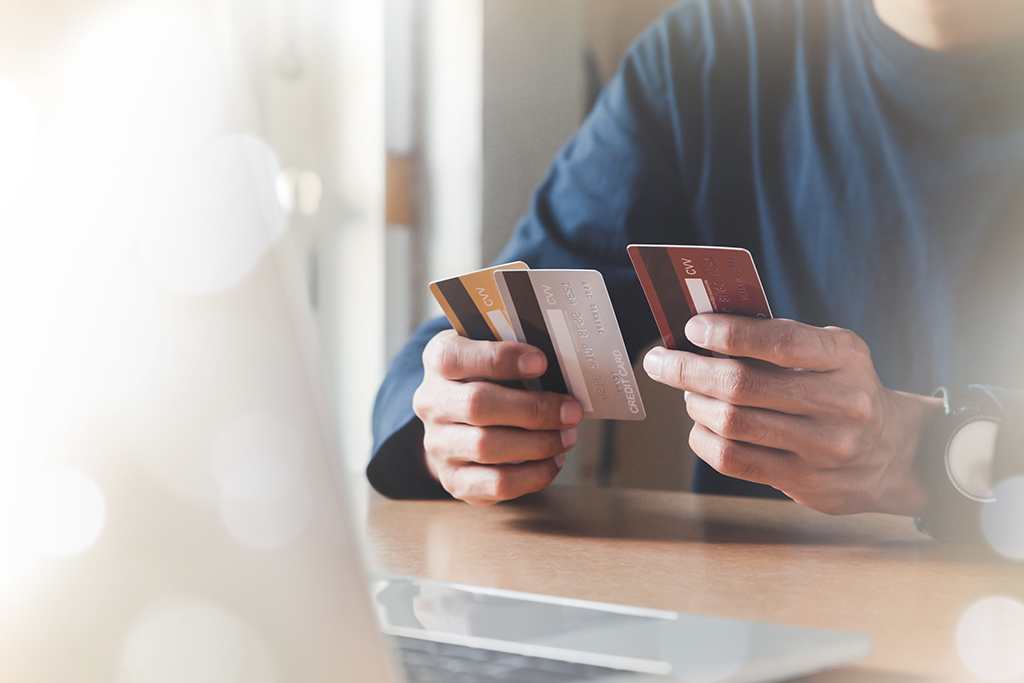Validating phone number data helps merchants prevent fraudulent orders, speed good customers to clear, and avoid social engineering. Within a layered fraud prevention approach, phone data provides actionable signals for transaction decisioning. Contact match statuses, including name-to-phone and address-to-phone, and metadata points like prepaid status, line type, and carrier help merchants build a faceted customer profile and more accurately approve or reject questionable transactions.
At Ekata, we believe that a mobile phone number is a global de-facto key field for an identity. As such, we try to source the most accurate and comprehensive phone data available for phone validation. We have industry leading name coverage on phones in the United States, are able validate phone numbers in over 160 different countries worldwide, and offer more streamlined data access than our competition. For example, one of our competitors in the phone space requires that merchants get end-user consent to look them up in the provider’s database. Talk about friction!
In the United States and Canada, our focus is tying a phone to an identity. Our Identity Graph database, which creates over one million linkages monthly, gives us unique insights into how the data elements in a transaction are tied together.
Outside of North America, we focus on verifying phone numbers consistently in as many markets as possible. We can tell you if a phone is valid or not in over 160 countries and return line type and carrier. For individual merchants, invalid phones or non-fixed VoIP phones are a significant risk. For risk modeling companies like Socure and DemystData, looking at carrier can provide a lot of lift.
Merchants use our phone data in a variety of ways. Primarily, the merchant’s goal is to prevent fraud and quickly identify good customers. Ekata can help during manual review with our intuitive web interface or via an API with one of our fraud platform partners – Accertify, CyberSource, or Kount.
Some merchants use our data to avoid social engineering. Occasionally, daring fraudsters will actually reach out to a merchant through the call center when their order gets flagged for review to try to convince a call center agent that the order is legitimate. This is a huge problem for a lot of our customers. Our data enables the merchant to easily verify the phone number and make sure that the phone and billing name on the order match. Tying the card holder to the phone is a best practice.
Other merchants reach out to the customer proactively to verify orders. Again, making sure the credit card and phone are connected through the billing name is important, but what happens if you can’t validate that the phone number and identity are linked? In that instance, a merchant can find the individual in our database by searching their name and/or address and we will return any landline or fixed VoIP phones associated with the individual.
To help with phone validation, we return:
- Valid Flag – Is the phone formatted properly and assigned to a carrier?
- Line Type – What type of phone is it? Mobile, Non-fixed VOIP, Fixed VOIP, Landline, Premium, or Toll-Free?
- Note: Non-fixed VOIP phones (like Skype or Google Voice) are typically a strong risk signal
- Carrier – We return carrier at the MVNO level. In the US, we return over 3000 carriers.
- Prepaid flag – Is the phone plan prepaid or postpaid?
- Commercial flag – Is the phone associated to a commercial entity in our graph database?
- Phone-to-Name match – Does the phone match the name on the order?
- Phone-to-Address match – Does the phone match the address on the order?
Contact us to learn more about the Pro Insight tool for transaction verification.



